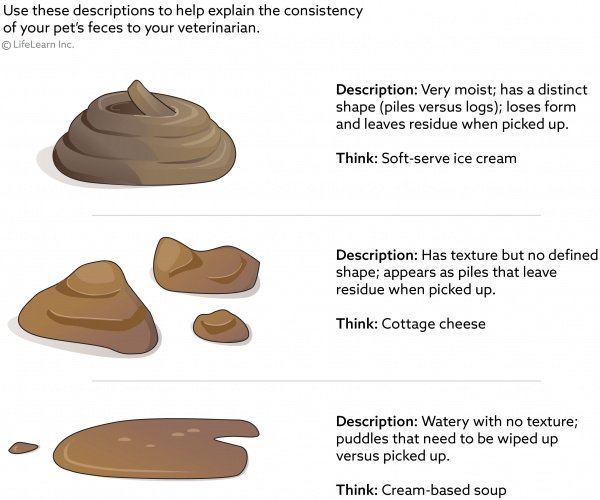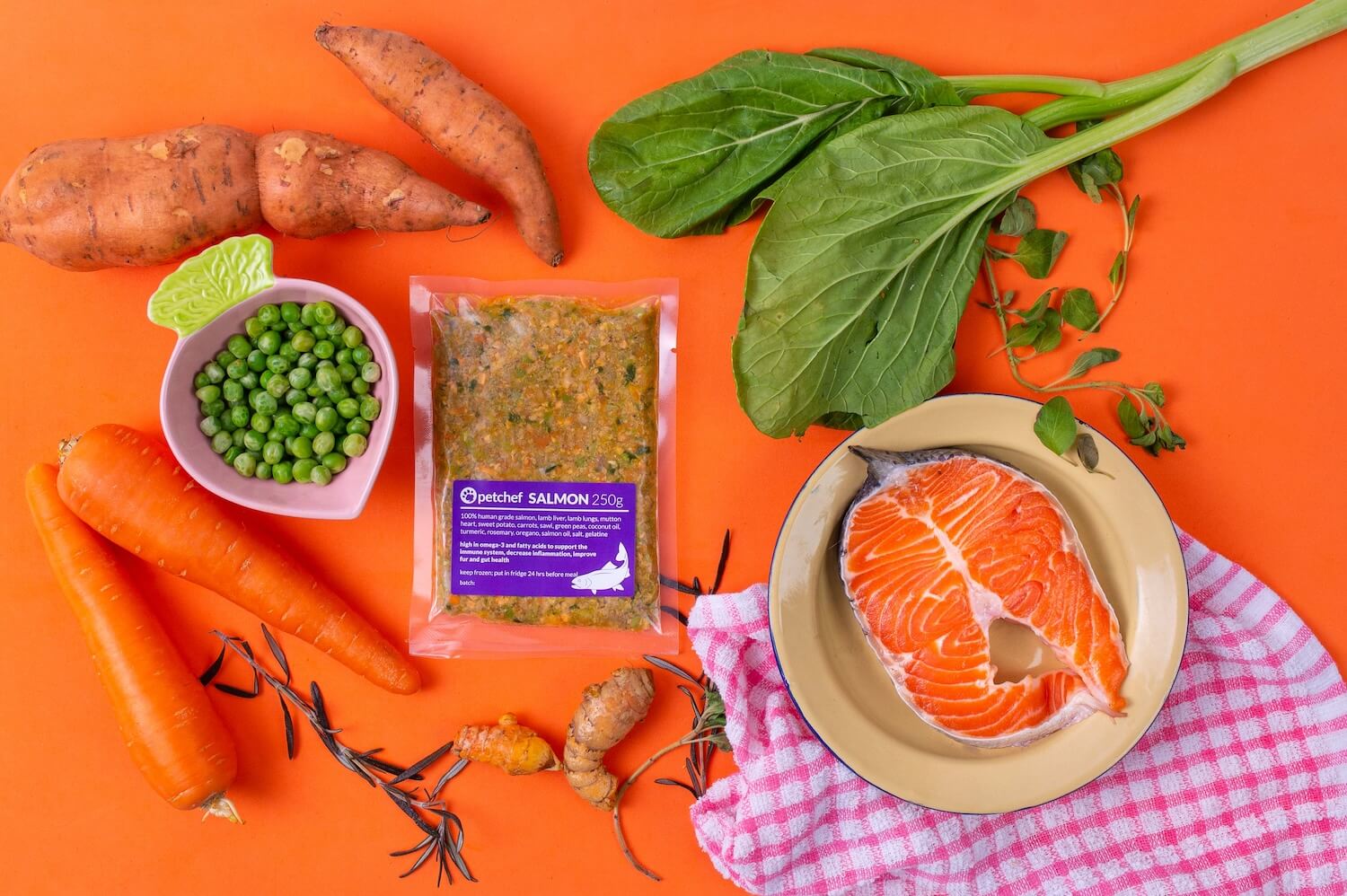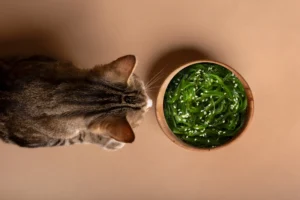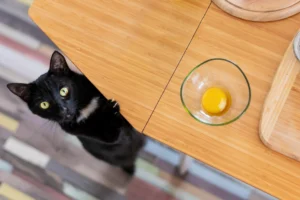If you’re reading this, hopefully you haven’t had to deal with a messy puddle of diarrhea. But if you do, we feel your pain and so here are some pointers that could help you deal with this mess.
What is normal cat poop?
Healthy cat poops should be:
- Dark brown
- Firm and not too hard or mushy
- Not too smelly although a little odor is fine
Generally, cats should poop about once a day without much straining or discolouration.
What is diarrhea?
Diarrhea is defined as poops that are softer, looser or more watery than it should be. Cats with diarrhea may have an increase in pooping, accidentally pooping outside of the litter box and may pass blood, mucus or even parasites too.
The two types of diarrhea are:
- Small bowel diarrhea where you are more likely to see large volumes or watery diarrhea which can quickly lead to significant dehydration and an electrolyte imbalance.
- Large bowel diarrhea involve the lower bowel or colon so that you more typically see a cat straining and uncomfortable, but passing only small amounts of soft/mucoid/sometimes bloody stool.
What causes diarrhea?
There are a few factors that can cause cats to have an upset stomach. Besides a sudden change in diet, some other common causes include:
- Changes to their diet
- Food allergies or intolerances
- Worms (intestinal parasites)
- Pancreatitis
- Inflammatory bowel disease
- Feline retroviruses (FeLV or FIV)
- Colitis
- Cancer
- Hyperthyroidism
What should you do?
1. Monitor your cat
If your cat passed a somewhat soft stool but seems to be their usual self, it may not be a cause of concern. However you should look out for signs of lethargy, dehydration, vomiting, pain/discomfort and loss of appetite.
2. Seek medical attention
It’s not normal for a cat or a dog to have diarrhea but in most cases, it resolves itself in a few hours or days without intervention. Should the symptoms persist for a few days or more severe signs such as vomiting, appetite loss or tiredness, you should bring your cat to the vet immediately.
Smaller cats and kittens as well as very old cats are especially susceptible to dehydration hence diarrhea should be a cause of concern for them.
Here’s a chart that could help you explain your pets diarrhea consistency to the vet:

Image credit: VCA Animal Hospitals
3. Change your cat’s food
This should be done at the discretion of your vet and a pet nutritionist as there are a few reasons for a diet induced diarrhea.
If you have recently changed your cats diet, go back to what you were previously feeding it and see if the diarrhea resolves. It may be due one or more new ingredients that triggered the diarrhea.
Besides that, if your cat has been eating the same food for years and suddenly starts having diarrhea, it may have developed an intolerance towards the ingredients in the food.
And finally, some of us may have given cows milk to our kittens and that is a big no as they are unable to process lactose thus causing them to experience diarrhea. If milk is needed, you should feed them milk specifically made for cats, from a pet store.
4. Wash your hand thoroughly
Fecal matter holds a buttload (pun intended) of potentially harmful bacterias. And one possible cause for diarrhea in cats can be an infection. Hence, you should wear gloves when handling your cat’s stool as well as clean all utensils, foods, litter box and bedding.
5. Keep your cat isolated
To prevent infecting other cats or pets, your cat should be kept inside the house or in a separate area for some time.
6. Encourage water and electrolyte intake
Due to the high amount of water being excreted, cats with diarrhea need sufficient amounts of water to prevent dehydration.
You could have an extra bowl of diluted chicken or beef broth beside a clean and fresh water bowl. Another way to increase your cat’s water intake is to switch them from kibble to a fresh food diet.
What should you NOT do?
- Feeding human medicine or medicine that’s not labelled as safe for cats. For example, administering kaopectate or Peptobismal is highly discouraged as it’s a medication for humans and it’s difficult to determine the correct dosage for your pet.
- Witholding food as it can cause a potentially fatal type of liver disease called hepatic lipidosis.
- Changing up your cat’s diet without consulting a vet or a pet nutritionist.
-//-
Cat diarrhea is not a disease but it could be an indicator of underlying problems such as diseases. Here at Petchef, we truly believe that the wellbeing of the pet also relies on what’s being put into their food bowls.
Should you be looking for an alternative diet plan to Kibbles, feel free to speak to our Petchef Advisors on the most suitable meal plan for your pet. Perhaps some human-grade meals with the right proportions of micro and macro nutrients could solve your cat’s gastrointestinal issues.
Feature Image Credit: Wikimedia Commons











